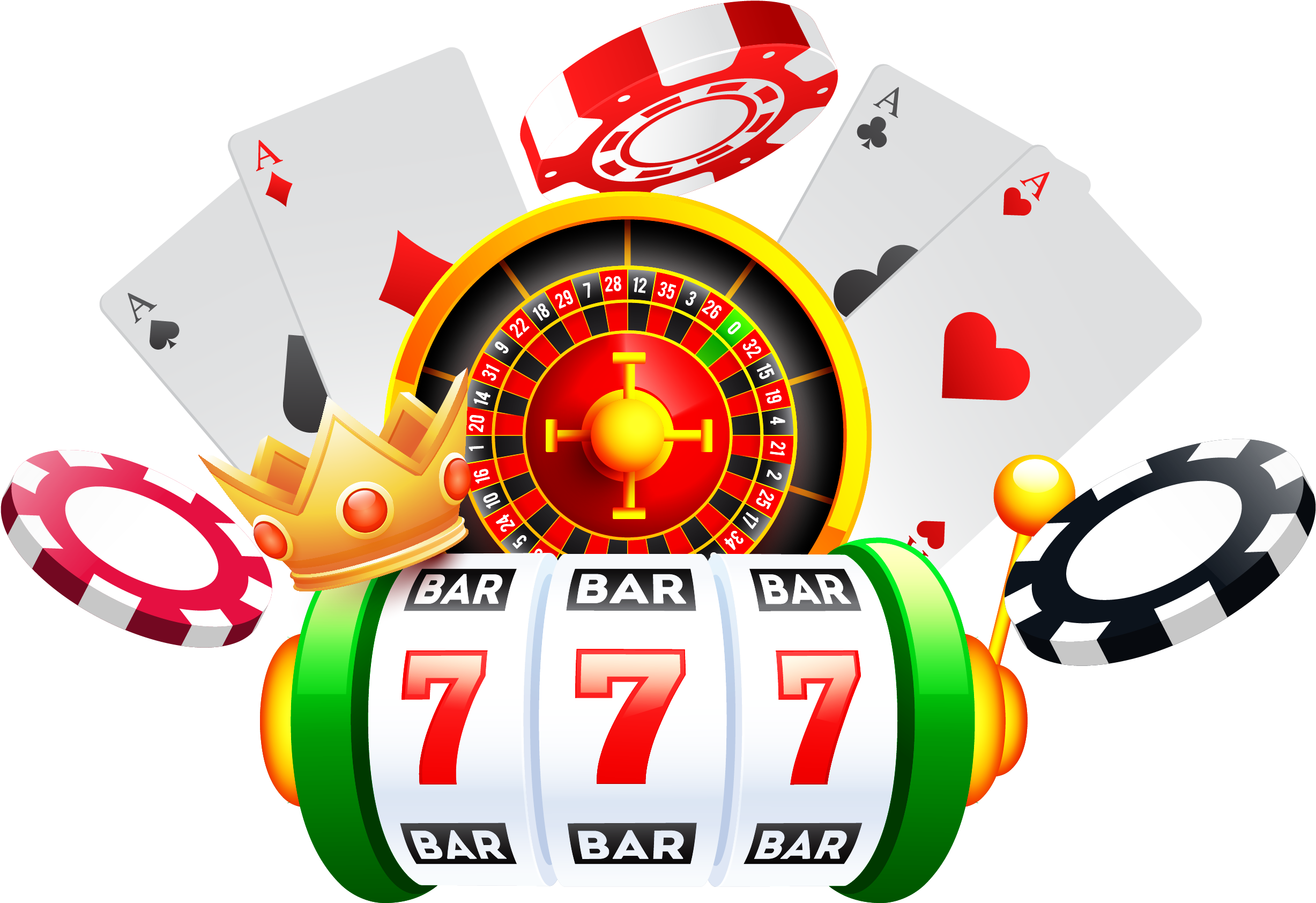In the dynamic world of casinos, few games grasp the interest and enthusiasm of players as much as slot machines. The blinking lights, enticing sounds, and the thrill of potentially hitting a jackpot make casino slots a preferred choice for many people. However, beneath the alluring exterior lies a complex system known as slot algorithms that governs how these games operate. Comprehending how these algorithms work boosts the appreciation for the game and assists players make wiser choices.
Here, we takes a deep dive into the mechanics of slot algorithms, exploring the intricacies that govern everything from reel spins to payout rates. This article will explore how randomness is achieved, the role of RTP, and the various types of slot machines available today. Whether you’re a seasoned player or a newcomer eager to learn more about casino slots, this exploration will provide valuable insights into how these popular games function.
Grasping Slot Mechanisms
Slot algorithms are the core of gambling slot machines, determining how every spin produces results. At the center of these mechanisms are RNGs, also known as RNGs, which ensure that every turn is entirely random and separate from the prior spin. This randomness is vital for maintaining fairness in the experience, allowing players to have a fair expectation of success based on chance as opposed to foreseeable outcomes.
In also to random number generators, machine algorithms use various programming methods to manage the casino’s functions. The Return to Player ratio, or RTP, is a critical element that players should take into account. This percentage indicates the mean quantity of funds that players can anticipate to win back over the long term. For example, a machine with an RTP of 96% will hypothetically return 96 dollars for each 100 USD wagered, although real outcomes can vary greatly in the short term due to the randomness of every turn.

Furthermore, slots include elements like variance and strike rate, which influence the player’s experience and potential payouts. High volatility machines offer bigger wins but fewer frequent returns, while low variance slots deliver more consistent, smaller returns. Comprehending these factors helps players choose the machines that match with their plans and tolerance, eventually improving their experience in the casino machines environment.
Types of Slot Machines
Slot machines come in various types, each offering distinct gameplay experiences. The traditional slot machines, often referred to as classic fruit slots, are characterized by their simple design with three reels and a few number of paylines. These machines typically feature classic symbols such as fruits, bars, and number seven. They are designed for players who enjoy a straightforward gaming experience without complex bonus features. The appeal of classic slots lies in their nostalgia and simplicity, making them well-liked among both new and seasoned players. https://dds.us.com/
Modern video slots have transformed the casino slots game landscape by incorporating advanced graphics, animations, and immersive themes. These machines usually feature five or more reels and several paylines, providing players with numerous ways to win. Video slots often include exciting bonus rounds, free spins, and interactive elements that enhance the overall experience. This type of slot machine caters to a broad spectrum of players, as they can find games based on blockbuster films, gaming franchises, or fantasy themes, making the gameplay more engaging.
Progressive jackpot slots are another thrilling variant that attracts those looking for life-changing wins. In these machines, a tiny portion of each bet contributes to a cumulative jackpot that continues to grow until someone hits the big win. Progressive slots can be found in both classic and video formats, and they often come with lower base payouts but offer the enticing chance to win massive prizes. This mix of high risk and high reward is attractive to players who seek thrills in their casino slots game experience.
The Importance of Randomness in Slot Machines
In the realm of casino slots games, chance is the essence that ensures each spin is unique and variable. This element is vital because it creates the thrill of winning opportunities and keeps players involved. The randomness is usually generated by Random Number Generators (RNGs), which are programs designed to generate a series of numbers that are devoid of any predictable pattern. This technology simulates the randomness of traditional mechanical slots, ensuring that today’s digital slots maintain the same level of surprise.
Every time a gambler hits the button to spin, the RNG decides the outcome of that specific spin, determining the symbols that appear and whether a player will be awarded any rewards. This means that each spin functions independently from the last spins, and the odds remain stable despite the results of previous rounds. This feature of randomness prevents players from developing tactics that could outsmart the house edge, supporting the belief that slots are chance games where serendipity plays a crucial role.
Additionally, the integration of randomness in casino slots games also encourages transparency and fairness. Game developers must adhere to strict standards, ensuring that their RNGs produce results that are genuinely random and neutral. This effort to honesty helps build trust between players and casinos, giving them assurance that every spin offers a fair shot at winning. In the end, the role of randomness not only powers the excitement of casino slots games but also safeguards the justice essential to their charm.
